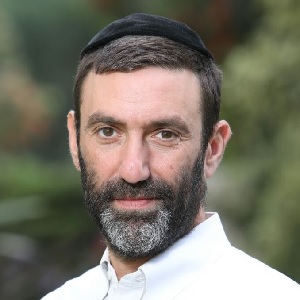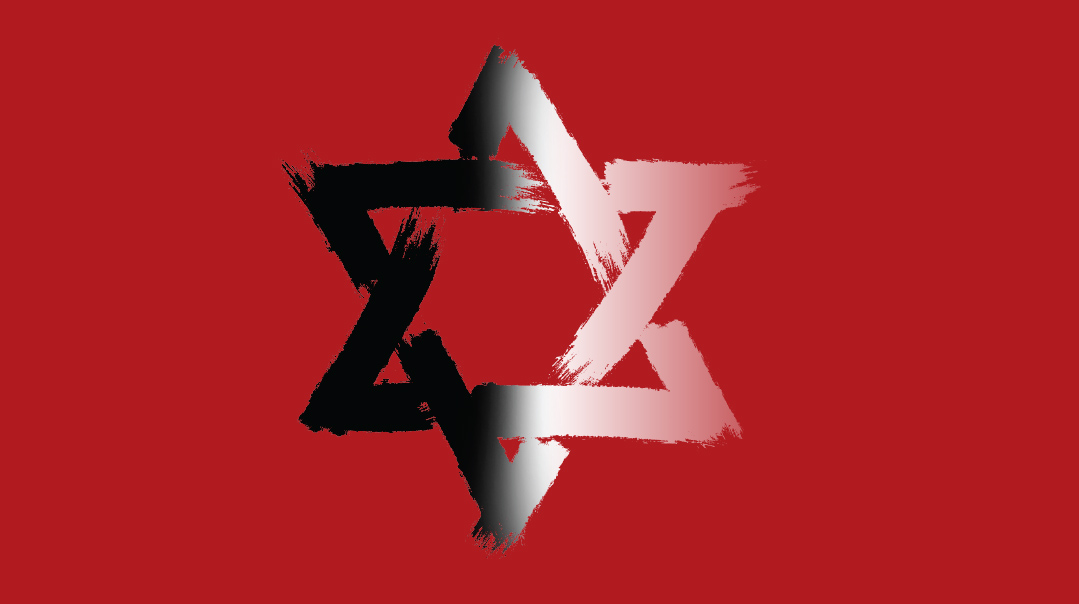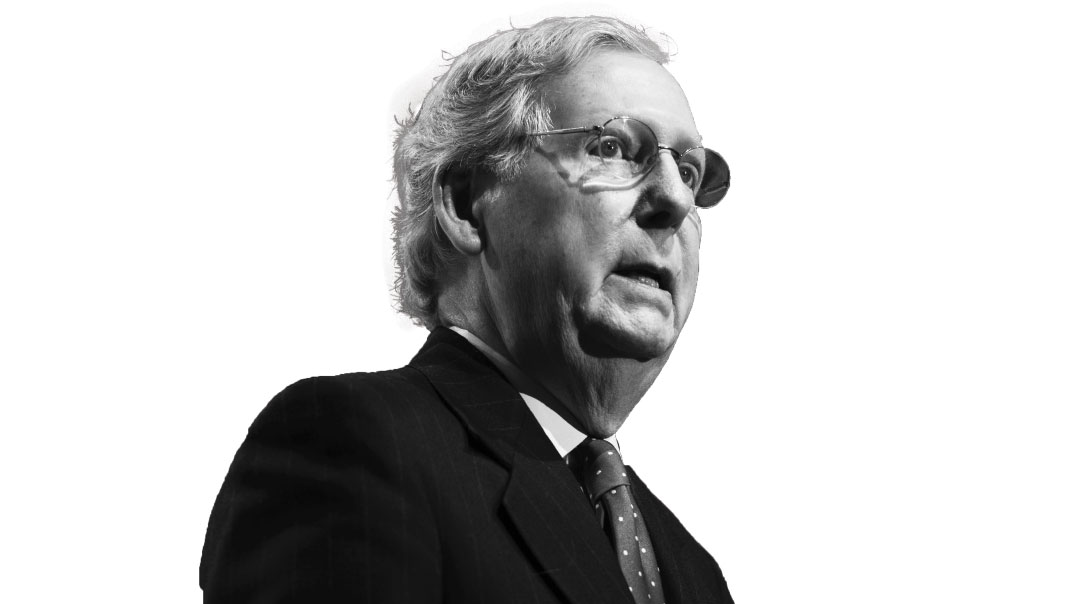Perception Problem

As progressives now see it, Jews are “privileged whites”

Are Jews white?
I’ve been thinking about that question a lot lately as the terms “white privilege” and “white supremacy” have become more and more common in the public discourse. For decades, a white supremacist was a person either affiliated with a group like the Ku Klux Klan or a racialist who generally fit into the category of Nazi skinhead or right-wing nut. No more. White supremacy is now used to describe the general nature of white power and dominance in the United States. White supremacy means that whites use the “privilege” of their whiteness to dominate the economy, the political realm, and any other sphere of influence. Because you are white, the argument goes, you benefit from societal advantage and are part of the white supremacist system.
Disturbingly, that broad category — which has more to do with perceived privilege than skin color — has come to include Jews. Even though Jews have suffered discrimination and persecution in the past, most Jews (at least in the United States) are of European descent and therefore part of the ruling class — those who promote this theory say. One recent example of this phenomenon came in December, when the Women’s March was roiled by charges of anti-Semitism. At the time, the New York Times explained that the group’s leaders were locked in an internal debate about how to regard Jews:
Women’s March activists are grappling with how they treat Jews — and whether they should be counted as privileged white Americans or “marginalized” minorities, especially in the aftermath of the October mass shooting in Pittsburgh, when 11 people were gunned down at their synagogue.
Similarly, just two weeks ago, Rep. Alexandria Ocasio-Cortez of New York agreed with the notion that some Jews could be called white supremacists in a radio interview with host Ebro Darden.
“How do you have white supremacist Jews?” Darden asked. “How do you have people like Stephen Miller? How do you have these individuals who are legit aligning with racism and white supremacy, but they’re Jewish? And it’s something that most people can’t wrap their brains around. But it’s a real thing.”
To which Ocasio-Cortez replied: “Absolutely.”
Unfortunately, there are many Jews who would agree with the congresswoman’s assessment. On the pages of the Forward in 2017, a representative of Jewish Voice for Peace, a far-left group, explicitly compared the views of Richard Spencer, an American Nazi, with those of the Israeli government.
Looking at Israel today, we can see a state premised on the privileging of one group, and all too often perpetuating the erasure and displacement of another. We also see an obsession with demographics and the maintenance of an ethnic majority.
The author further linked the “Zionists” to the Trump administration:
There is a disturbing alliance between Zionists and white nationalists in the White House these days, and it doesn’t come from nowhere. There is a shared bedrock of anxiety about demographics and racist and Islamophobic fear of “Arabs” that goes hand in hand with both worldviews.
One of the most interesting aspects of the discussion of whiteness is that elite whites are the racial group most invested in the concept. In a widely cited essay in Tablet, Zach Goldberg, a PhD candidate in political science at Georgia State University, cites data showing that white liberals score significantly higher on measures of “white privilege awareness” — recognizing that being white grants a person “unearned privileges” in society — and “white guilt,” which describes the measure of guilt one feels about “the privileges and benefits you receive as a white American.” White liberals feel so guilty about their ethnicity that they actually favor other racial groups over their own:
Remarkably, white liberals… are the only group to show this preference for group[s] other than their own. Indeed, on average, white liberals rated ethnic and racial minority groups 13 points (or half a standard deviation) warmer than whites.
However, this “warmth” does not necessarily extend to Jews. While Goldberg notes that “white liberals continue to express favorable views of Jews,” he cites an Associated Press poll showing that Jews lag behind only “men,” “whites,” and “Christians” on the scale of groups that have an “advantage” in US society. (Asians, women, African Americans, Hispanics, LGBT people, Muslims, and immigrants are lesser advantaged, in that order, according to the poll results.) White conservatives, on the other hand, believe Jews to be among the most disadvantaged groups.
Goldberg then employs all of that data to explain why so many white liberals today hold unfavorable views of Israel, the real goal of his essay, “America’s White Saviors.”
To see how this logic extends to Israel consider that the same empathic outrage over the bigoted persecution by the “privileged” against the vulnerable that informs the changing policy positions on domestic issues is extended out to the international arena where Israel is a fixture of every moral drama. A white supremacist America holds people of color down and keeps the door shut for others, while a “Zionist supremacist” Israel behaves in much the same way toward its minorities of color. It’s a narrow and warped perspective but one that’s easily assimilated into a broader worldview in which human relations are defined by categories of oppressor vs. oppressed; and where the roles are assigned based on one’s placement in the privilege hierarchy.
In light of this contrived white-equals-oppressor formulation, let me address my initial question: According to the hierarchy of victimhood revealed in the Associated Press poll, along with numerous examples of rhetoric by politicians and activists in the media, Jews are indeed perceived as white. But is that a fair assessment? While Jews have been remarkably successful in the United States, they were also remarkably successful in Germany, where they were torturously persecuted. The idea that Jews can be lumped together with all other “whites” is an inversion that places history’s greatest victims in the category of supposed oppressor. That simple formula helps us to understand why Israel can so easily be cast in the role as aggressor and colonialist, and also helps us understand why anti-Semitism in the United States receives less attention than other forms of hate, even though it occurs at a far higher rate. That perception gap — between actual victim and perceived status — is also dangerous. It may explain why, when Jews are attacked in Brooklyn, all kinds of sociological reasons are suggested to explain the phenomenon — gentrification, for instance — instead of calling it for what it is: hate.
In the end, the categories a bit too lazily drawn. No matter how many Harvard PhDs and lawyers and doctors and Nobel Prize-winning scientists and Torah scholars the Jewish people produce, a Jew will always be a Jew, and remain vulnerable. The white supremacist Nazis taught us that.
(Originally featured in Mishpacha, Issue 773)
Oops! We could not locate your form.













